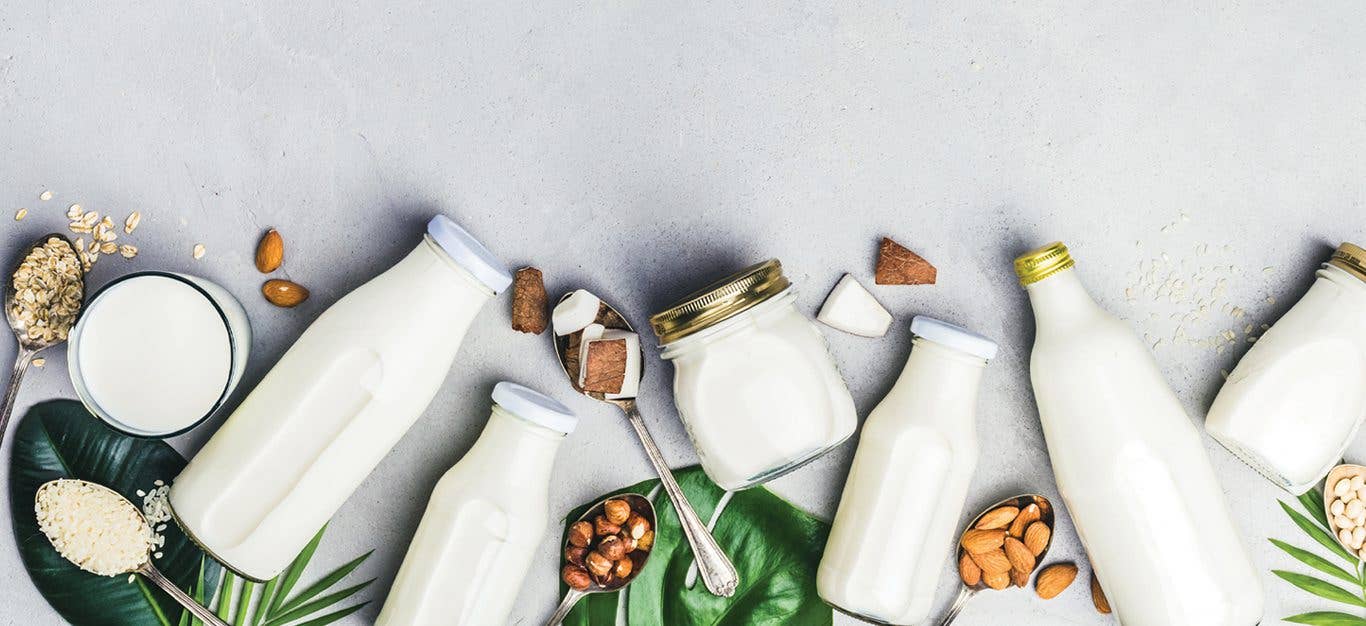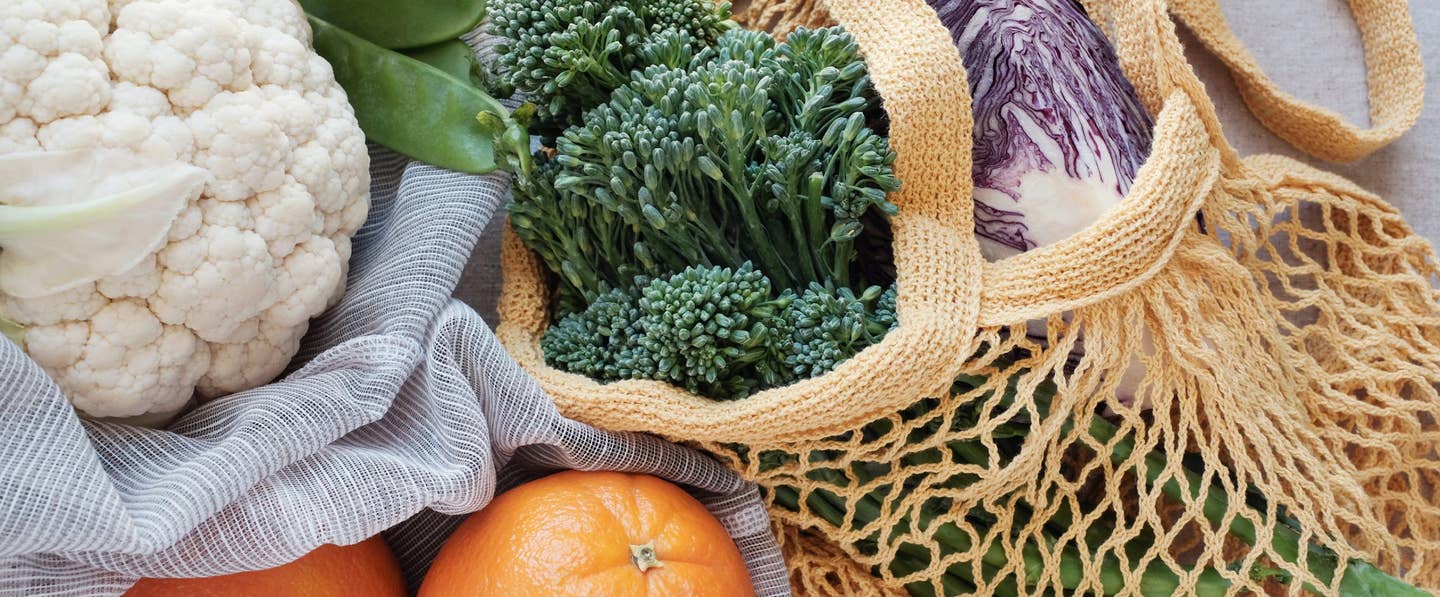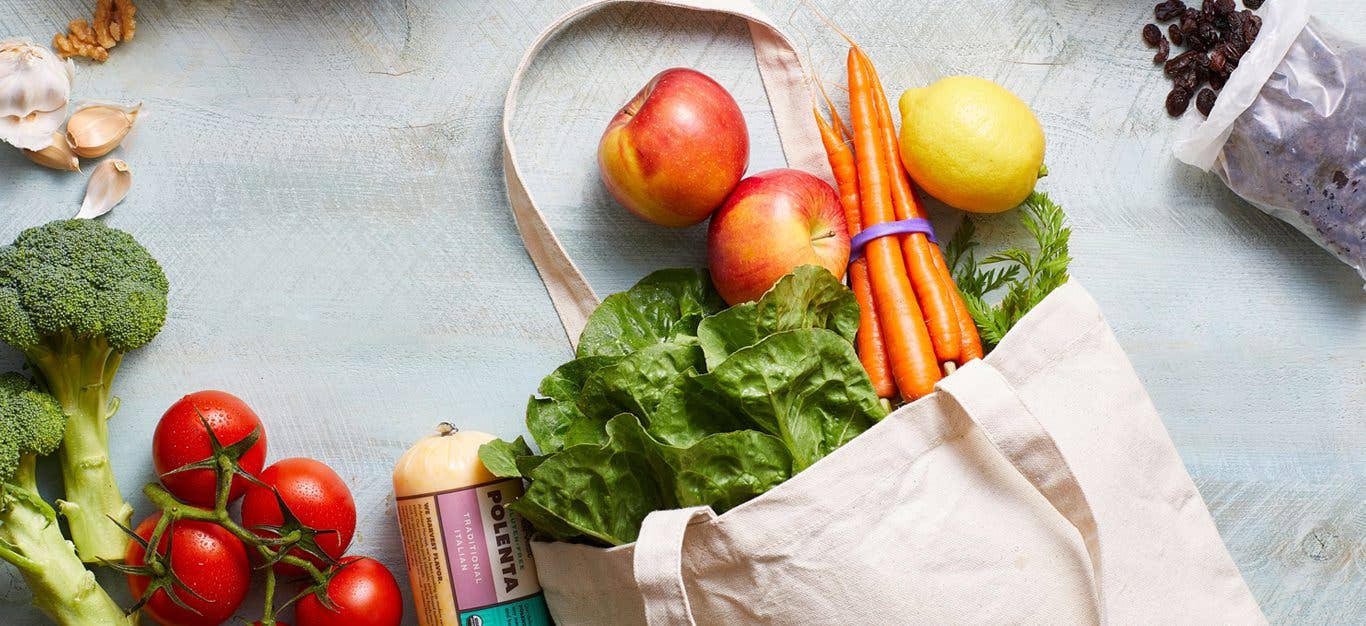Good news for people who’d rather not choose between nutrition and sustainability: A large-scale study of more than 57,000 food products sold in the United Kingdom and Ireland found that more nutritious items tend to be better for the planet than those with less nutritional value. Published in Proceedings of the National Academy of Sciences, it is one of the first studies to examine the environmental impact of food products comprised of multiple ingredients, as opposed to focusing on single-ingredient foods such as beef, almonds, and wheat.
“What’s good for one is generally good for the other,” study co-author and environmental scientist at the University of Oxford, UK Michael Clark told Nature.com. “You don’t have to make a choice that’s good for the environment but might negatively impact your health.”
Previously, it was difficult for consumers to figure out which products were more or less sustainable, since they often consist of a number of different ingredients. Clark and his team set out to develop a method to solve this issue. “We have information on the environmental impacts of commodities like wheat and soybeans,” Clark said. But, “if you’re walking into your local food shop, you’re not just purchasing wheat.”
Clark and his team used an algorithm to calculate the volume of various ingredients contained in thousands of products found in UK supermarkets, assigning each item an environmental-impact score out of 100—with 100 being the least sustainable. Factors examined included greenhouse gas emissions, land use, water stress, and eutrophication potential (the nutritional enrichment of soil or water).
The findings? Products containing lamb and beef were the worst environmental offenders, scoring three times higher than those containing poultry. Desserts and pastries scored in the intermediate category. Low-impact foods included items made with plants, grains, fruits, vegetables, and bread products.
They then compared nutritional data to the environmental-impact score. “Many [items] were win-wins and were more nutritious and sustainable, [including] fruits, vegetables, salad, breakfast cereals, some breads, and meat alternatives,” the study authors wrote. “Conversely, there were numerous lose-lose [items] with nutrition and environmental impacts above the median, [including] cheese, chocolate, savory pies, and quiches.” There were a few exceptions to the trend, such as nuts, which were found to be high in nutritional value but also somewhat high in environmental impact, and sugary beverages, which are nutritionally poor but—because they’re composed primarily of water and refined sugar—have a low environmental impact.
But on the whole, the researchers found that healthier, more plant-forward diets tended to be better for the environment, leading them to conclude that “replacing meat, dairy, and eggs with plant-based alternatives could have large environmental and health benefits in places where consumption of these foods is high.” They noted that there are “multiple ways to achieve this dietary change, including direct and large substitutions (e.g., beans instead of beef), or smaller transitions between like-for-like products.”
Clark hopes that consumers can leverage these findings to make savvier food choices.
“There are large differences between foods, and we can start making choices that really improve our health and environment in a substantial way,” Clark says. “This sort of study can help us find our way there.”
In recent years, several large-scale studies have implicated meat as a key driver of greenhouse gasses. Learn more here: How Does Following a Vegan Diet Help the Environment?
Related News
Try Our Top-RatedMeal Planner Free

Forks Meal Planner takes the hard work out of making nutritious meals the whole family will enjoy.
SAVE $200 ON OUR ULTIMATE COURSE

Join our best-selling course at a new lower price!





